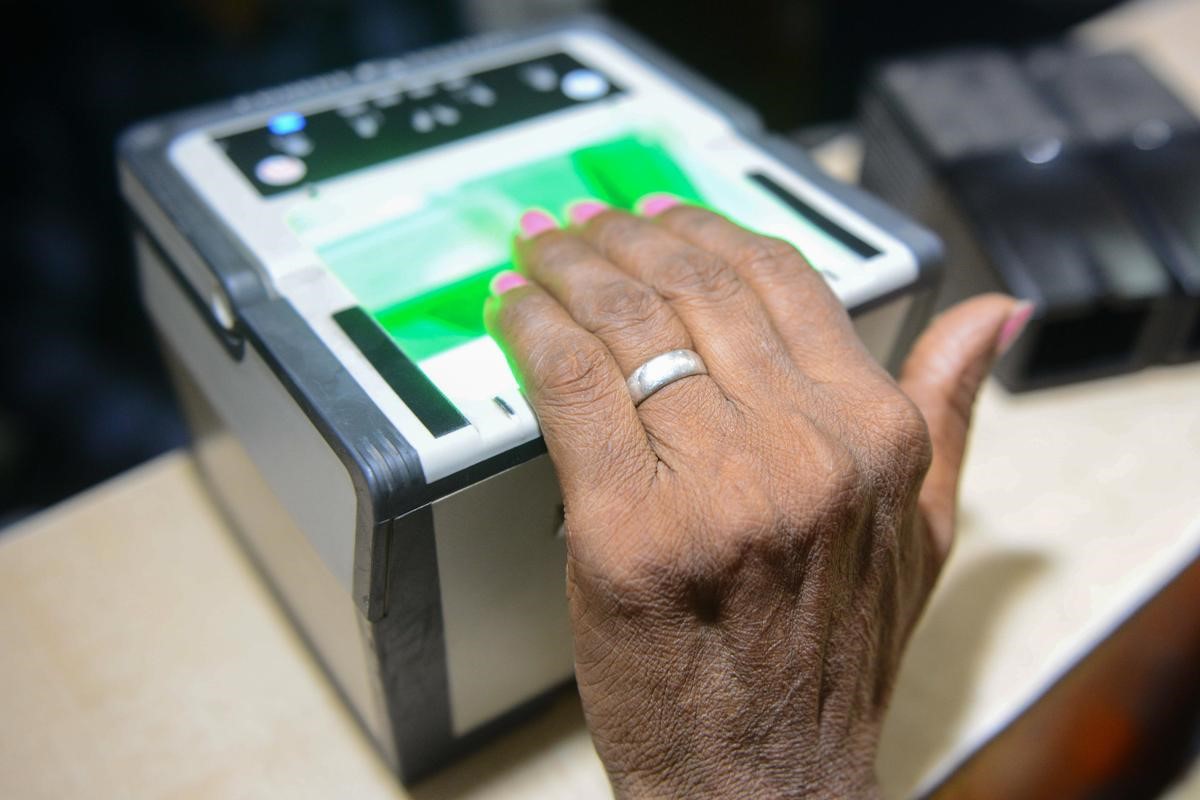UIDAI Refuses Fingerprint Access of Deceased Individuals
UIDAI Refuses Fingerprint Access of Deceased Individuals
Why in the News ?
The UIDAI informed the Madras High Court that it cannot provide demographic details of deceased individuals using fingerprints due to legal restrictions under the Aadhaar Act, 2016 and technological limitations, in response to a Tamil Nadu police request. This decision highlights the complex interplay between digital identity systems and public health initiatives, reminiscent of challenges faced in implementing the Global Digital Health Certification Network and its associated Trust Network Gateway. The case brings attention to the delicate balance between privacy and public interest in national news of India, as reported by various public app news sources.
Legal Stand of UIDAI and Aadhaar Act Provisions:
- UIDAI cited the Aadhaar (Targeted Delivery of Financial and Other Subsidies, Benefits and Services) Act, 2016, which strictly prohibits sharing biometric data.
- Section 29(1) bars sharing core biometric data (including fingerprints) for any reason other than Aadhaar generation and authentication.
- The UIDAI emphasized Chapter VI, which mandates strict confidentiality of individual records.
- UIDAI clarified that Aadhaar is not used to track individual activities, ensuring privacy protection.
- Technological and Practical Limitations
- UIDAI stated that there are technological constraints in retrieving demographic data of a deceased person using fingerprints.
- The current system is not designed to identify dead individuals or match their prints with Aadhaar data.
- Such limitations make it impractical to use Aadhaar data for forensic or policing purposes involving unidentified bodies.
- Context of the Petition and Government Position
- The issue arose from a criminal writ petition filed by the Tamil Nadu Police, requesting UIDAI’s help in identifying a dead body.
- The case was heard by Justice G.K. Ilanthiraiyan at the Madras High Court.
- Union Government’s counsel reiterated UIDAI’s limited mandate under the Ministry of Electronics and Information Technology (MeitY).
- The Aadhaar system was designed to enable targeted delivery of government benefits, not for post-mortem identification.
This case underscores the need for robust digital health infrastructure that can balance privacy concerns with public health needs, a challenge also faced in the development of Verifiable Digital Health Certificates and the implementation of the Global Digital Health Certification Network. The decision reflects the complexities involved in managing digital identities and health data, issues that are increasingly relevant in the context of initiatives like the Digital Documentation of COVID-19 Certificates and EU Digital Covid-19 Certificates, which may involve coordination through the GDHCN Secretariat




